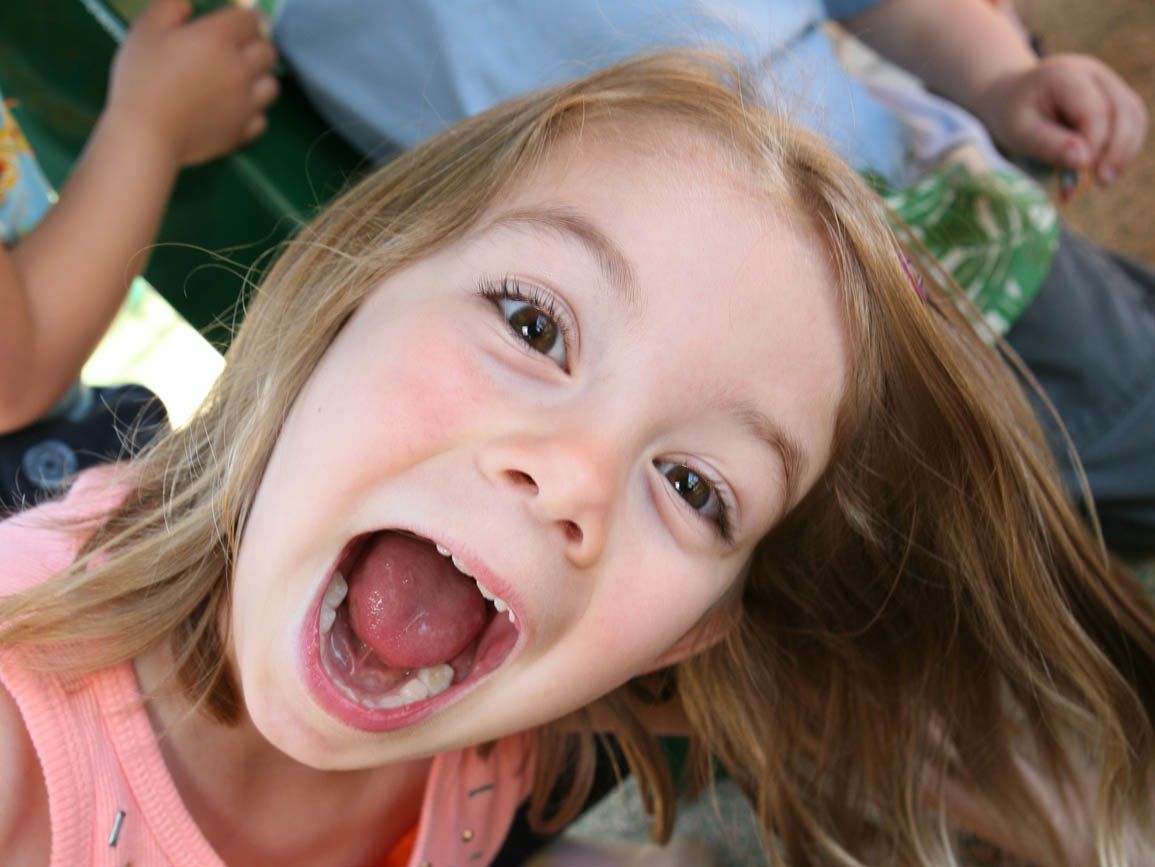Anne was one of those children who was born shy and cautious, unlike her older sister Emma, who greeted new people like long lost friends and plunged into new territory with little thought. From birth, Anne was a shy child who had trouble with novelty and was usually slow to warm up to new people and enter new situations. She experienced separation anxiety when away from her parents or her primary caregiver at child care and almost all transitions were hard for her.
Understanding Shyness as a Child Temperament & Personality Trait
Shyness is a normal personality trait and neither bad nor good. It is a human evolutionary adaptation and it can help us achieve some control in social situations. Children have genetically determined temperamental traits and the makings of personality from birth. Probably around 15-20 percent of children are born with a temperament that leads to behavior often labeled as shy, reserved, fearful, or timid. The temperament we are born with is an important aspect of the adults we will become but it doesnt determine our destiny.
A childs temperament is relatively stable but does not remain unchanged; experience shapes and refines inborn traits. Nature and nurture are both important. Children like Anne who are born with a disposition toward shyness and caution can develop personalities that enable them to master new social situations and overcome any fears that might hold them back. In fact, Anne, now an adult, is at ease in a wide range of social situations and, while not particularly adventurous, is willing to take risks and try new things. However, she still has what most would call shy personality traits such as being mindful and cautious.
Parents and caregivers can play a critical role in helping children moderate or overcome shyness and fearfulness. The key is not assuming that this personality trait is bad, not labeling the child, and not being either overly protective or solicitous or ignoring when shyness creates difficulties for a child. Labeling a child as "shy" or treating it as an infirmity can shape the childs destiny from a young age. The best response to help children overcome their shyness and caution is to provide measured experiences to help children explore the world safely in order to gain confidence and feel supported through gentle coaching.
Shy children like Anne - who tend to be cautious, timid, anxious, slow to warm up, or fearful - are no less capable of success in life than children born with a temperament inclined to plunge into new situations or take risks, or children who seem to take everything in stride, adapting flexibly to what life has to offer. Shyness in children and having difficulty with novelty are normal - many are born with this tendency. It does not mean that they wont grow up to be presidents, Olympic athletes, CEOs, lawyers, rock stars, or even stand-up comics or talk show hosts. What children like Anne need from parents is the acceptance, patience, and support for developing the confidence and skills to master new relationships and situations.
Shy children may have trouble initiating interactions and conversations. They may tend to be inhibited in social situations and meeting new people. As they get older, they often develop anxiety about fitting in and about how they appear to others. By guiding and parenting shy children well in their early years, our children will face fewer problems and challenges during their adolescence and school years.
Tips for Parenting Shy Children
A few tips for parents and caregivers on how to help shy children:
- Instead of seeing your child as just a shy kid, recognize and value the whole child and his or her strengths, feelings, and interests.
- Absolutely avoid negative labeling. Shy behavior shouldnt define the child. Once a child bears the labels, "shy, fearful, or timid," its hard to overcome. Some of the qualities that accompany what is thought of as shyness are very positive. Careful, mindful, or cautious are more positive terms and characteristics.
- Respect the childs nervousness and anxiety as "normal," and dont try and minimize it or overreact to it. Address your childs concern by saying, "Sometimes, we all feel nervous and are afraid of looking silly, not making friends, etc…"
- Dont simply protect the child from new people and new situations. Instead of treating the child as fragile or vulnerable, recognize that some children simply need a little more time to check out the situation from a distance and enter it at their own pace. Shy older children may need your help understanding what they can do to fit in.
- Role playing and pretend play serves as rehearsal and can help shy or timid children approach new people and situations with less anxiety.
- Set up social situations with known children and adults, extended family or friends, or very small groups to help children practice social skills in a safe setting.
- Schedule play dates to help shy children practice their social skills and make new friends.
- Set small, achievable goals for toddlers and preschoolers approaching new situations and help school-age children set their own goals.
With acceptance, support, and gentle coaching, children born with a tendency toward shyness can succeed at anything.
Children’s Books For and About Shy Children:
- "Absolutely Lucy" by Ilene Cooper
- "Wings" by Christopher Myers
- "Shy Charles" by Rosemary Wells
- "Zucchini" by Barbara Dana
- "Nurturing the Shy Child: Practical Help for Raising Confident and Socially Skilled Kids and Teens" by Barbara and Gregory Markwa
Webinar: Tapping Into Your Childs Temperament
Learn how genetics, life experiences, and interactions with adults in your child’s life can help shape his or her unique temperament and personal style. And discover how to adapt your parenting style to fit your child, manage especially spirited behavior, and celebrate your child’s uniqueness.
More on Parenting Shy Children:
- Tips for helping young children make friends and manage social interactions at child care, school, and other social situations.
- After her son clung to her leg during a friends birthday party, our mom blogger is looking for helpful advice and ideas for shy children.
- Tips for reducing separation anxiety when leaving your baby or child at home or at school.
- What do you do when your child is on the other end of the spectrum? Our mom blogger reconsiders labeling her daughter "bossy."





